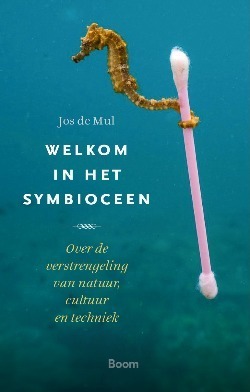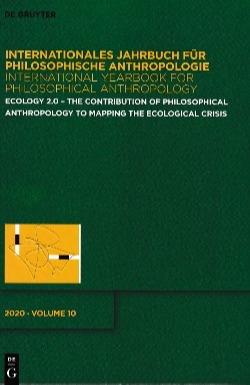Onzingeving. Moedwil en misverstand in Hermans' Wittgenstein-interpretatie
Jos de Mul. Onzingeving. Moedwil en misverstand in Hermans' Wittgenstein-interpretatie. De Gids (Mei 2008), 451-459.
Van de doden niets dan goeds. Voor de filosoof W.F. Hermans maak ik graag een uitzondering. Kan de kwaliteit van Hermans’ literaire werk moeilijk worden overschat, zijn verdiensten als lezer, interpreet en vertaler van filosofische werken worden naar mijn mening door zijn bewonderaars schromelijk overschat. Op filosofisch terrein slaat hij de bal vaak en hartstochtelijk mis. Ik zal deze stelling staven door een korte beschouwing over Hermans’ door moedwil en misverstand gekenmerkte lectuur van Wittgenstein. Ik zal voorts betogen dat deze smalle, door het neo-positivisme geïnspireerde interpretatie van Wittgenstein Hermans weliswaar heeft geïnspireerd tot een aantal literaire meesterwerken, maar dat deze de auteur tevens, en onvermijdelijk, aanzette tot de verloochening van de betekenis van de literatuur, en daarmee van zijn eigen levenswerk. Ten slotte zal ik laten zien dat deze verloochening een belangrijke bron vormt voor Hermans’ literaire zelfhaat.


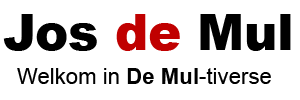

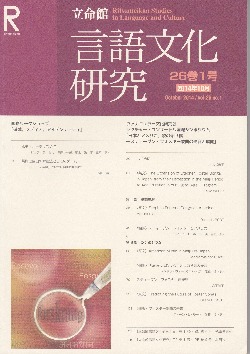


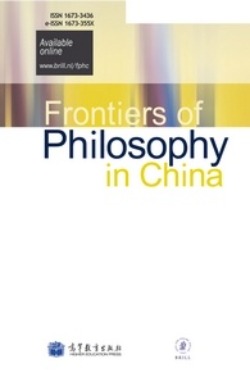 Abstract Starting from the often-used metaphor of the “horizon of experience” this article discusses three different types of intercultural hermeneutics, which respectively conceive hermeneutic interpretation as a widening of horizons, a fusion of horizons, and a dissemination of horizons. It is argued that these subsequent stages in the history of hermeneutics have their origin in—but are not fully restricted to—respectively premodern, modern and postmodern stages of globalization. Taking some striking moments of the encounter between Western and Chinese language and philosophy as example, the particular merits and flaws of these three types of hermeneutics are being discussed. The claim defended is that although these different types of hermeneutics are mutually exclusive from a theoretical point of view, as interpreting beings in the current era we depend on each of these distinct hermeneutic practices and cannot avoid living on them simultaneously.
Abstract Starting from the often-used metaphor of the “horizon of experience” this article discusses three different types of intercultural hermeneutics, which respectively conceive hermeneutic interpretation as a widening of horizons, a fusion of horizons, and a dissemination of horizons. It is argued that these subsequent stages in the history of hermeneutics have their origin in—but are not fully restricted to—respectively premodern, modern and postmodern stages of globalization. Taking some striking moments of the encounter between Western and Chinese language and philosophy as example, the particular merits and flaws of these three types of hermeneutics are being discussed. The claim defended is that although these different types of hermeneutics are mutually exclusive from a theoretical point of view, as interpreting beings in the current era we depend on each of these distinct hermeneutic practices and cannot avoid living on them simultaneously.